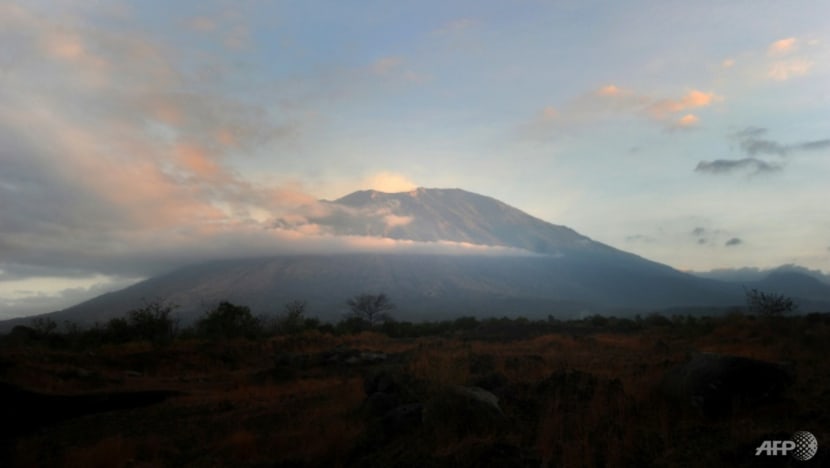JAKARTA: A plan to ban people from climbing Bali’s mountains following reports of misbehaviour in what is believed to be sacred places is still being discussed, said Minister of Tourism and Creative Economy Sandiaga Uno.
Mr Uno made the remarks during a press conference on Monday (Jun 12) following an announcement by Bali Governor I Wayan Koster at the end of May to ban visitors from hiking on the island’s mountains.
The ban includes those from the local communities, tourists from other parts of Indonesia, as well as those from overseas. Mr Koster said the ban does not include those accessing the mountains for religious purposes and rituals.
He wants the proposed ban to be passed into local regulation for it to be enforced, which would need approval from the local parliament.
Mr Uno on Monday, however, said that the authorities have yet to finalise on the plan. This was after there were fears that local communities and business owners in Bali who rely on the mountains may lose their source of income as a result of the proposed ban.
“The issue of banning people from climbing mountains is still being discussed with several regional unit heads in the Bali regional government.
“Of course, after it’s being finalised, it will be explained by the governor of Bali,” said Mr Uno.
Speaking at the same press conference, Bali’s tourism chief Tjokorda Bagus Pemayun said the ban is being proposed as the predominantly Hindu-populated island has sacred places and wants to preserve them.
“So we got a kind of fatwa (edict) from cultural and religious leaders in Bali to protect the mountains, which are considered sacred. That's why we prioritise cultural tourism according to our new motto, namely quality and dignified cultural tourism," said Mr Pemayun.
He added there are over 180 mountain guides in Bali who will be made contract workers once the ban becomes a regulation.
“There are 186 mountain tour guides. We will transform them into contract workers, what kind of tasks we will discuss later. So we will not stop their ventures, but we’re providing solutions," said Mr Pemayun.
The plan to ban people from climbing Bali’s mountains comes as Mr Koster issued a circular at the end of May containing the dos and don’ts for tourists visiting the island. This came after several incidents of foreigners disrespecting the local culture and law had angered residents.
The circular contained 16 rules, among which are reminders for tourists to respect Bali’s culture by dressing modestly, honouring temples and religious symbols, and following local customs.
